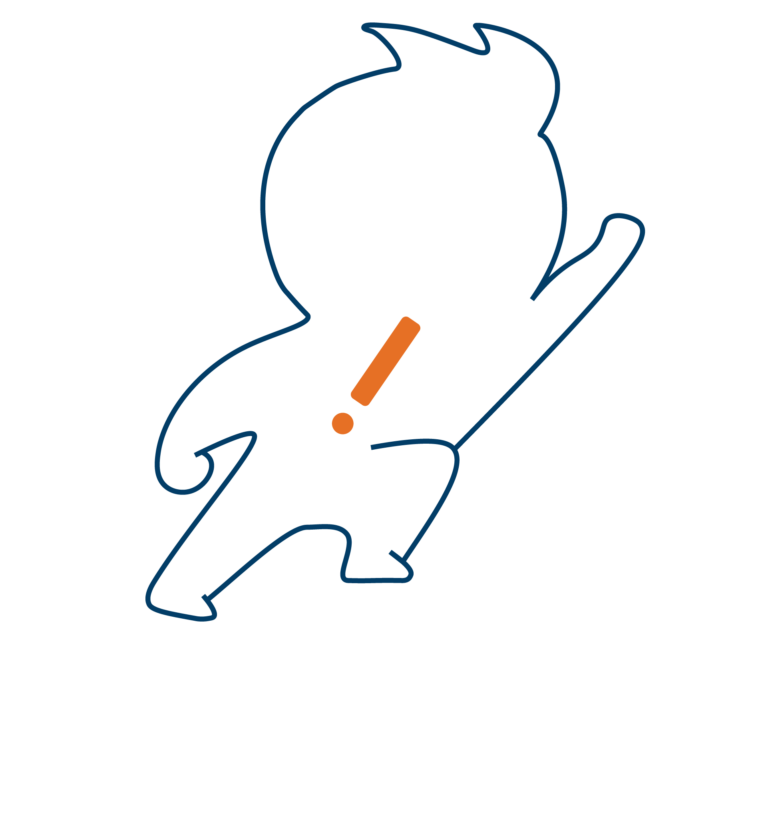Our research
Identity
What triggers our creative thoughts
Cognitive (C):
- Focused minds that usually develop their ideas through a deep and conscious analysis of the situation. rather than relying on feelings. Cognitive thinkers usually have more talent for adaptation and improvement than creation.
Emotional (E):
- Intuitive minds that base their ideas on perceptions and feelings regarding a situation rather than making sense of it. Emotional thinkers usually have more talent for creation than adaptation.
Development
How we connect our ideas to create meaning.
Sequential (S):
- Methodic and practical thinkers who analyze situations in a step-by-step manner. Their ideas flow better when they remain focused.
Random (R):
- Dynamic and curious thinkers who are under constant brainstorming. Their ideas come and go in a random order, and at random times, regardless of them being concentrated or not.
Expression
How we express our ideas
Logical (L):
- Down-to-earth reasoning focused on rationality and rules. They express their thoughts logically and prioritize realistic solutions in the present.
Theoretical (T):
- Idealistic and expressive approach focused on possibilities. These creative thinkers prioritize future solutions and goals.
Approach
Our approach when processing information
Atomistic (A):
- Detail-oriented and analytical approach that prioritizes the process over the result. We use it to break down events into smaller elements to measure each one of them separately.
Holistic (H):
- Goal-oriented and straight-forward approach that prioritizes the result over the process. We use it to understand the big picture and how the events are connected.





